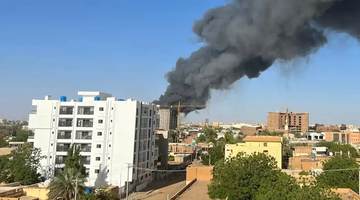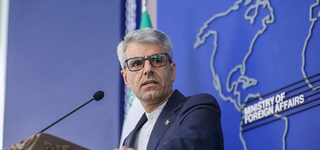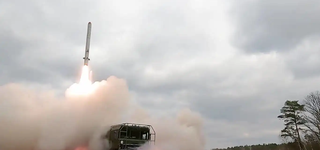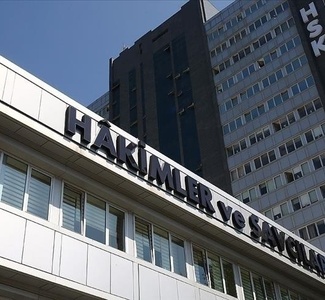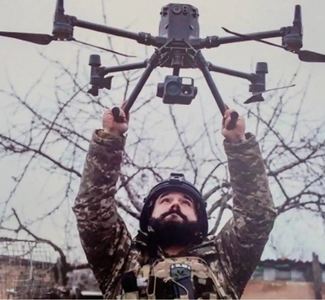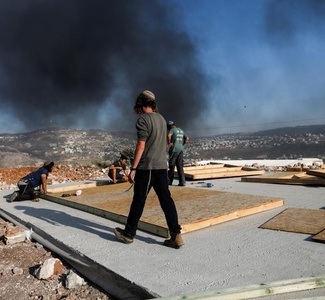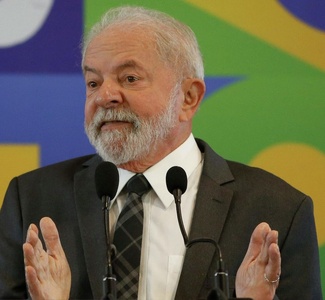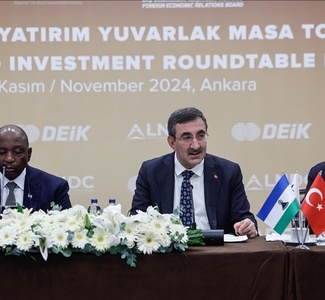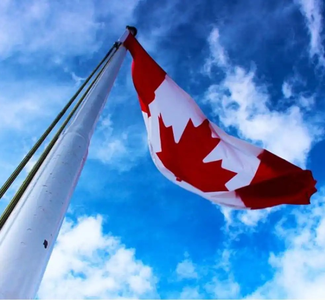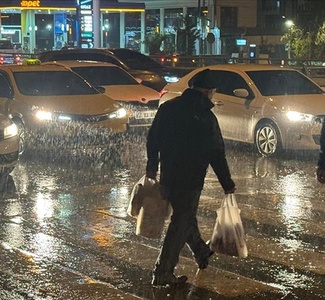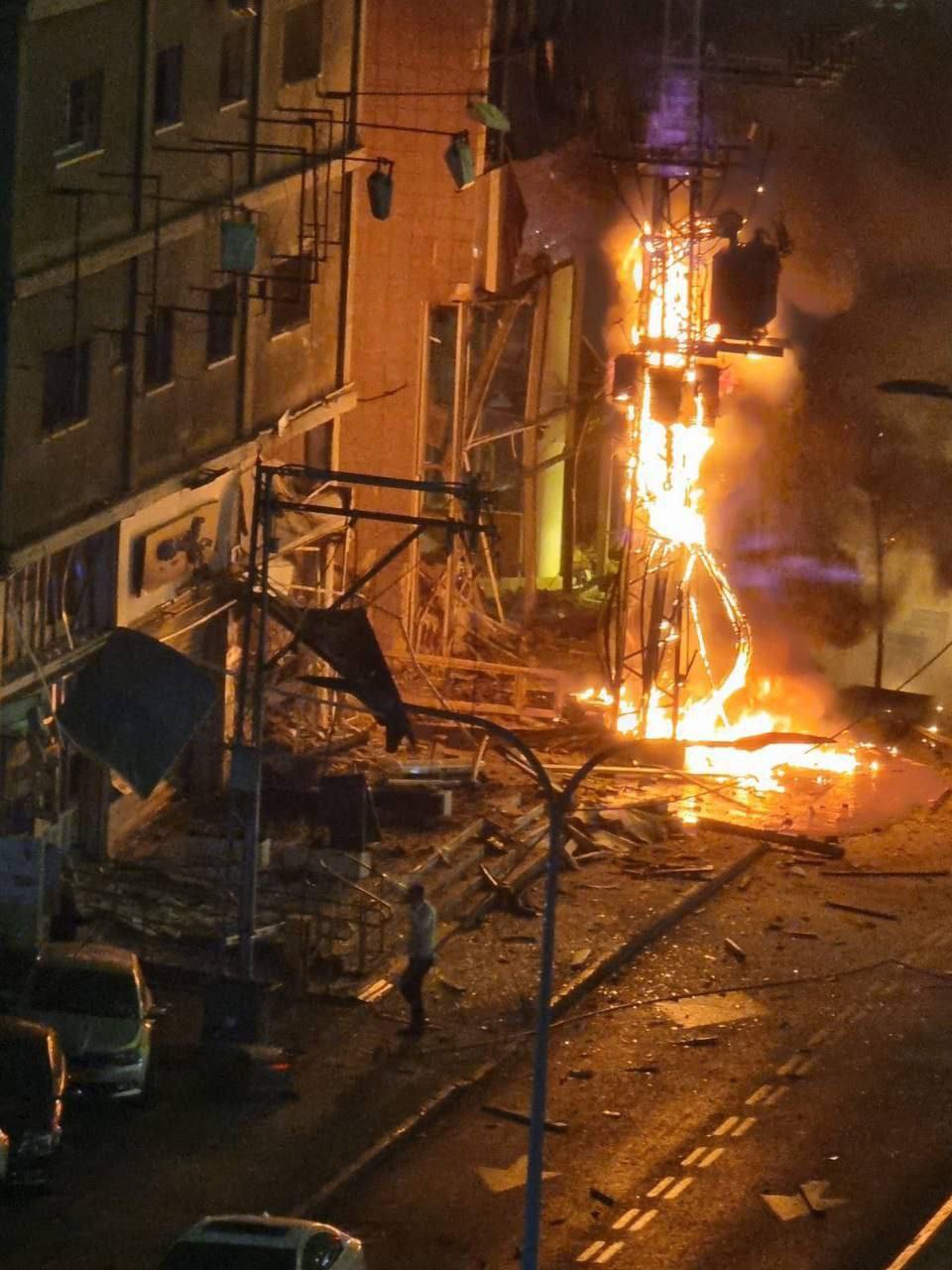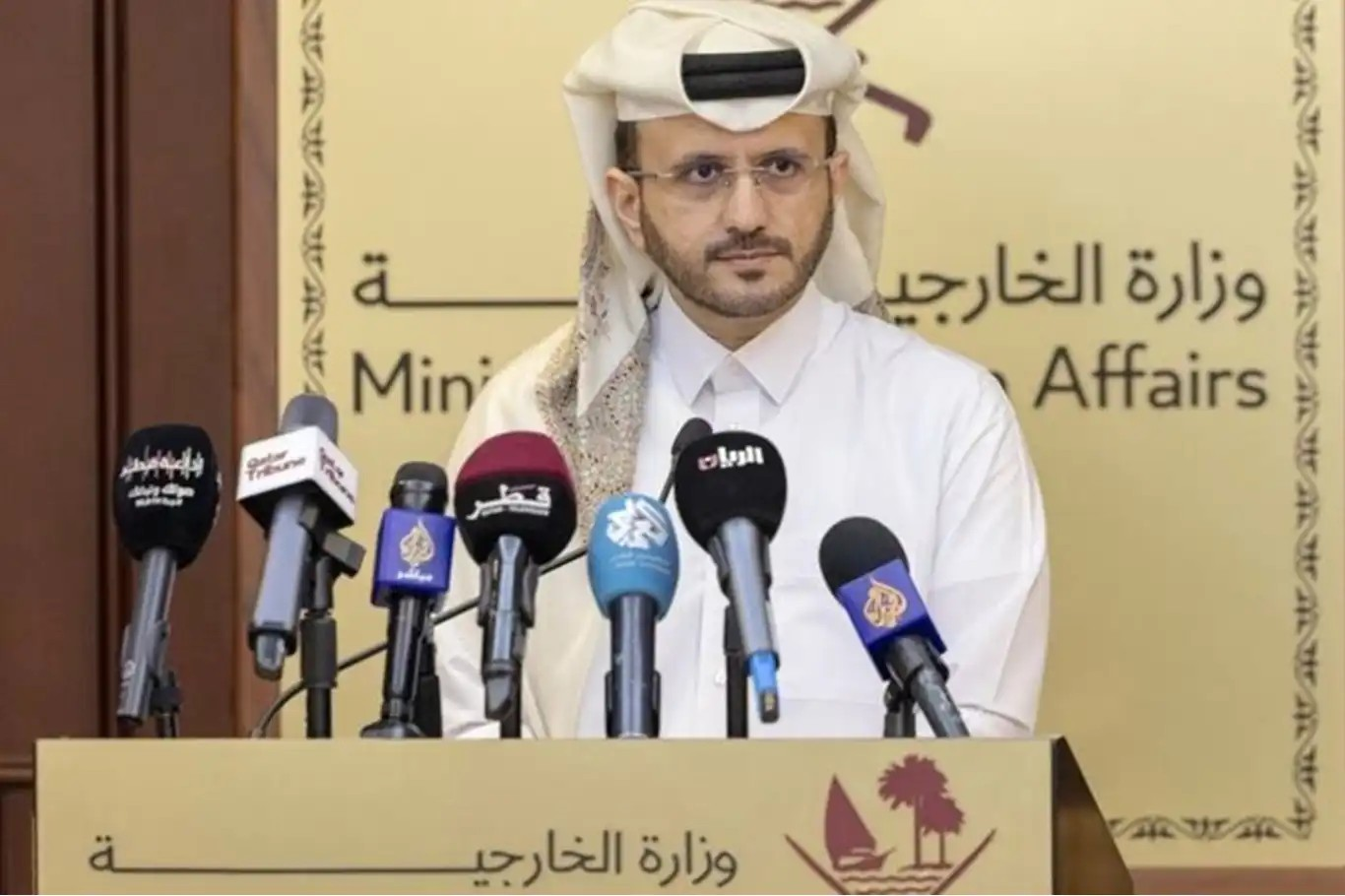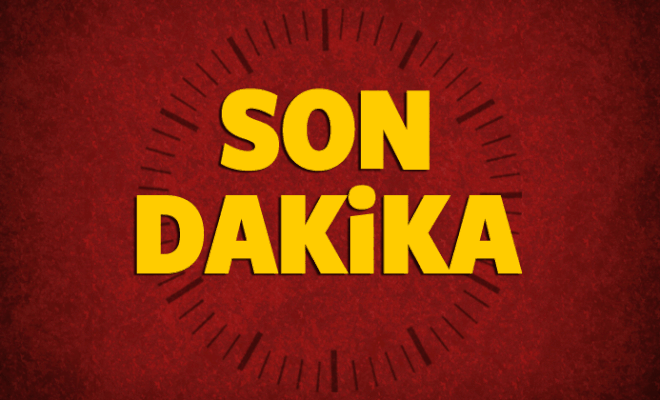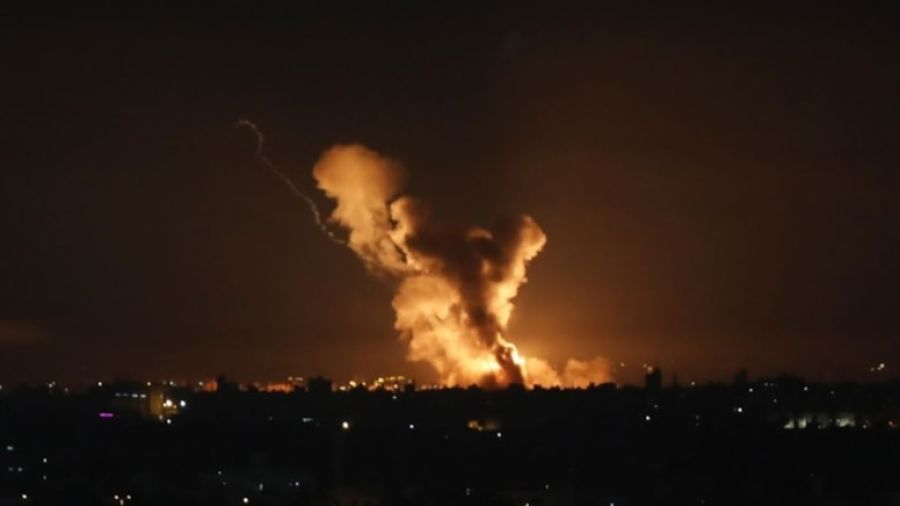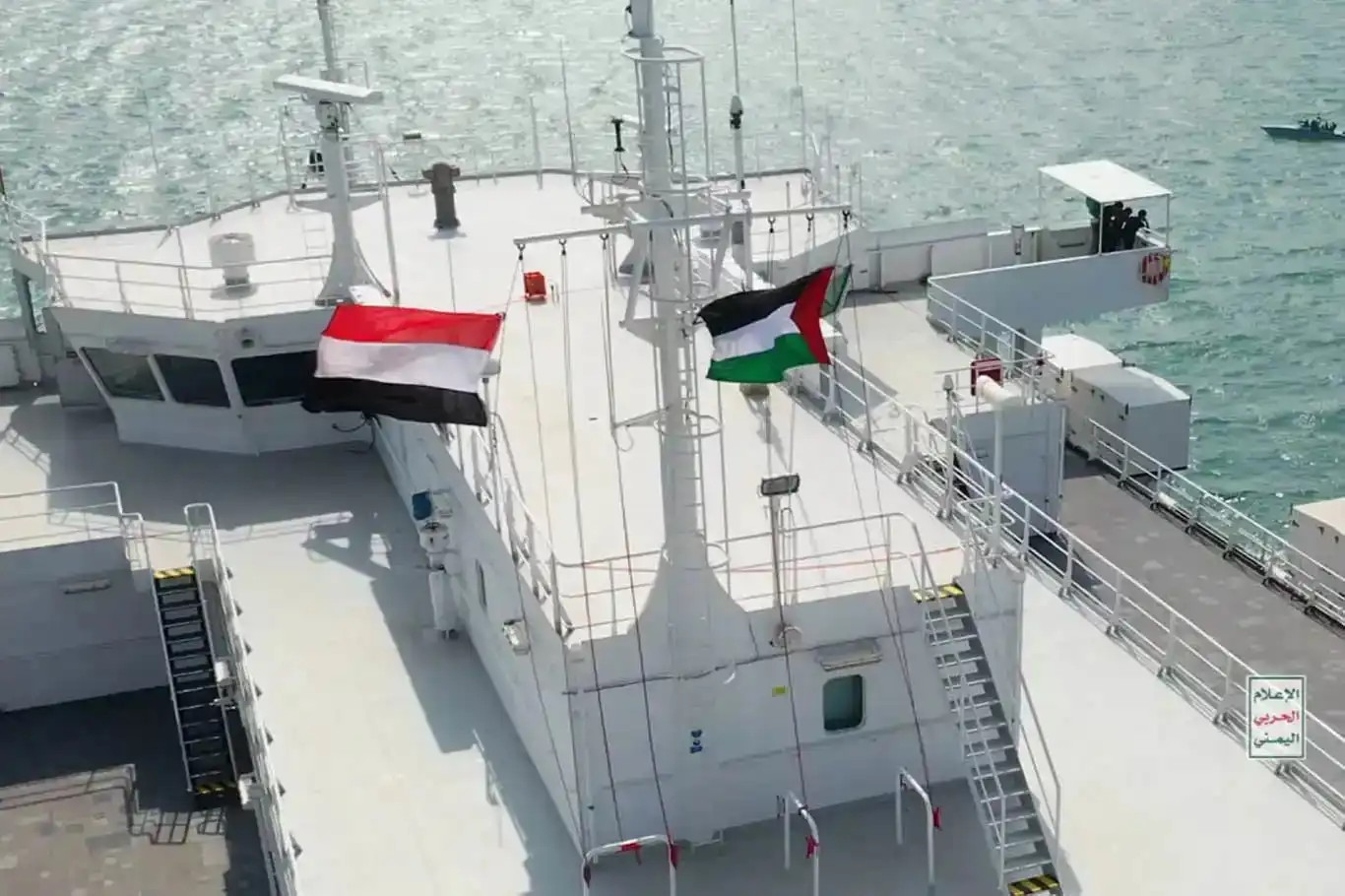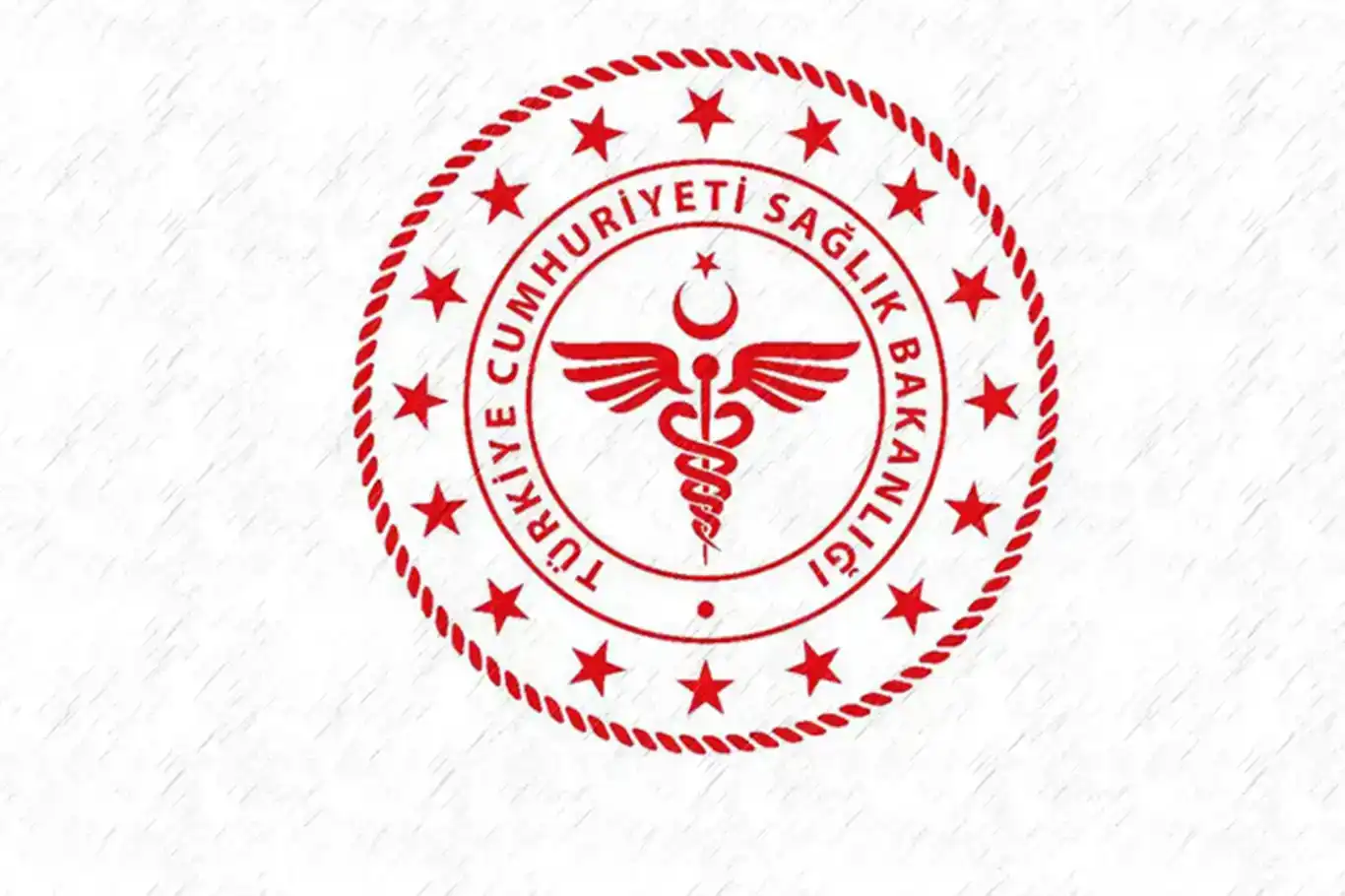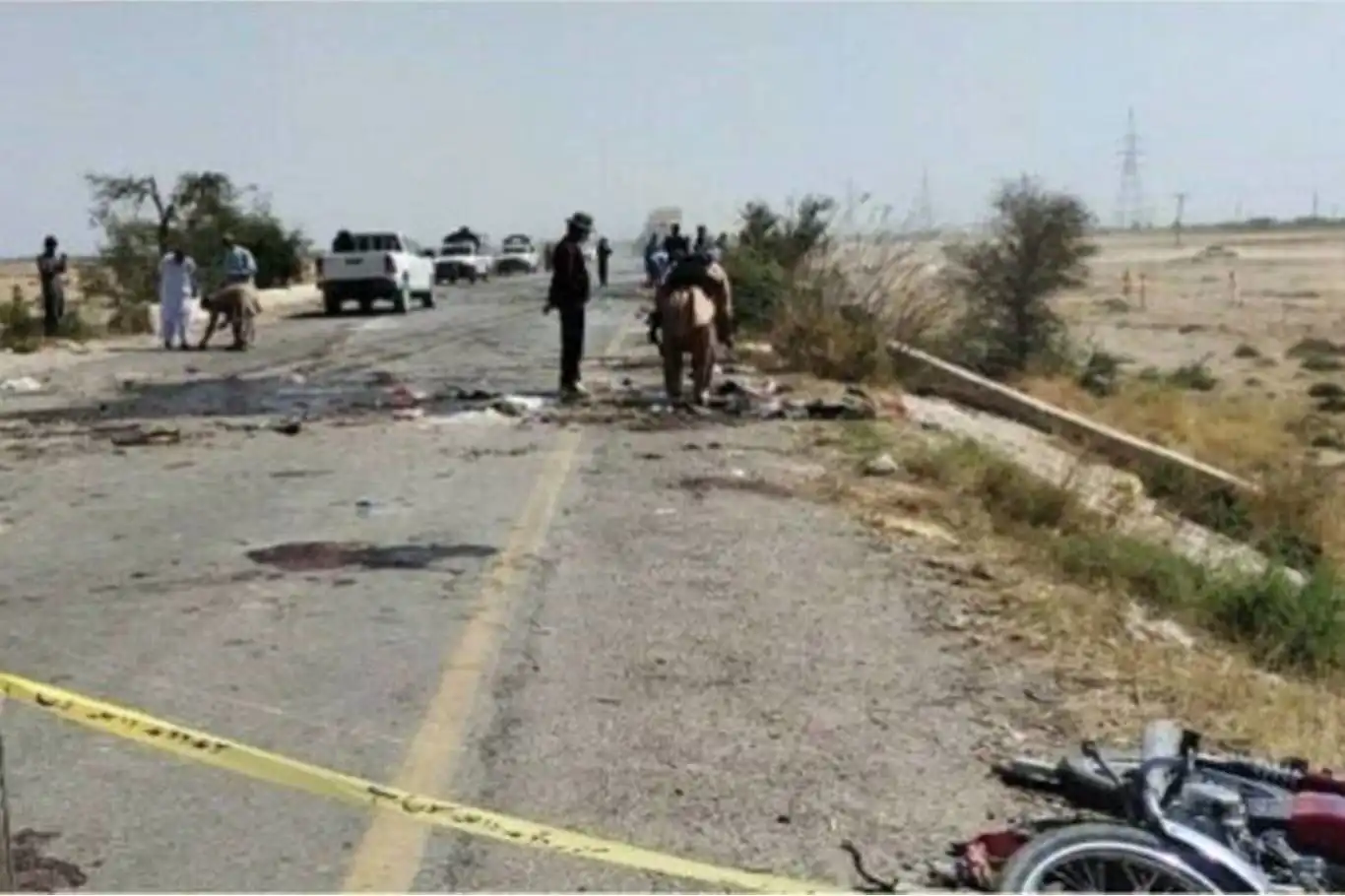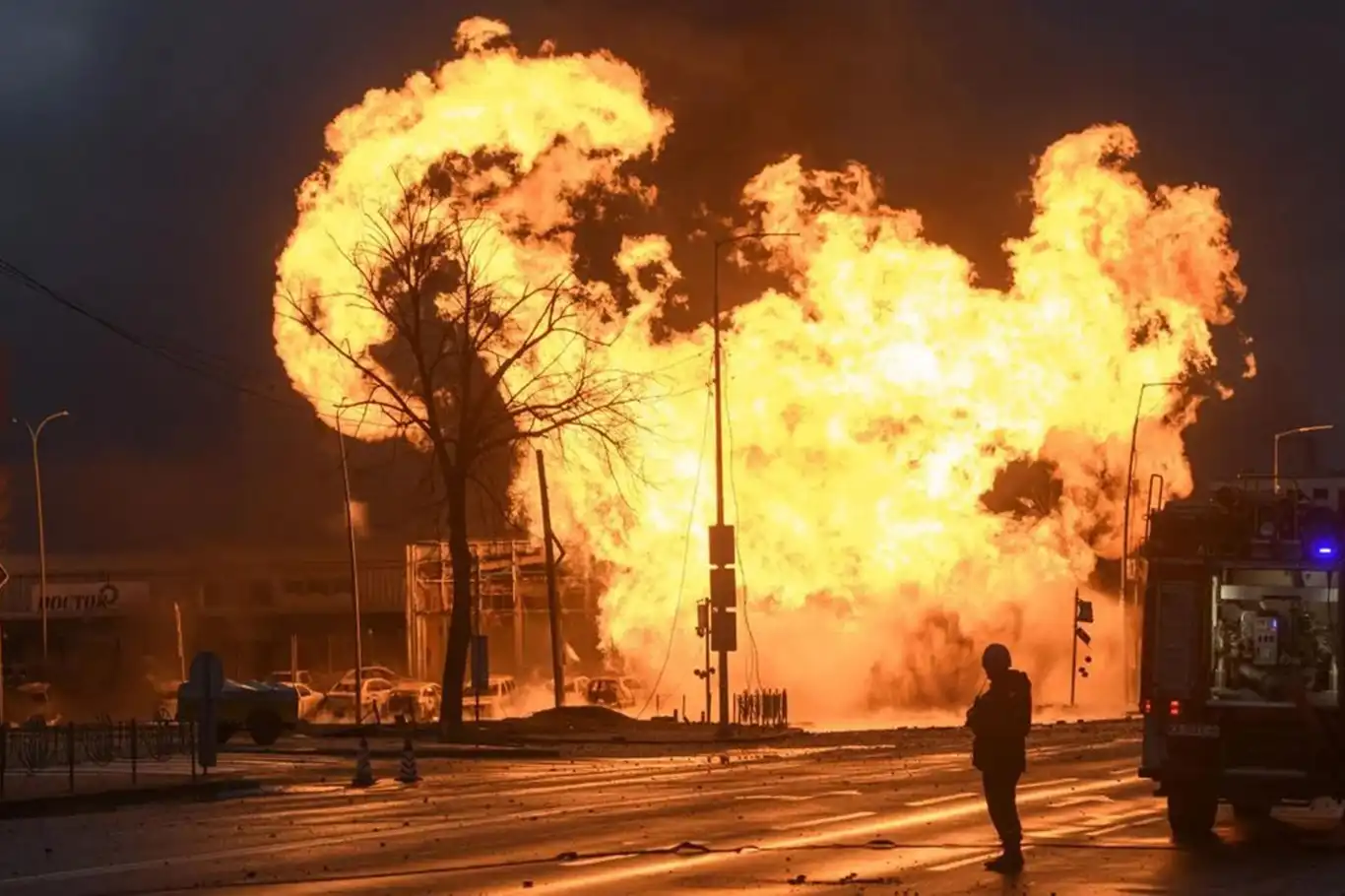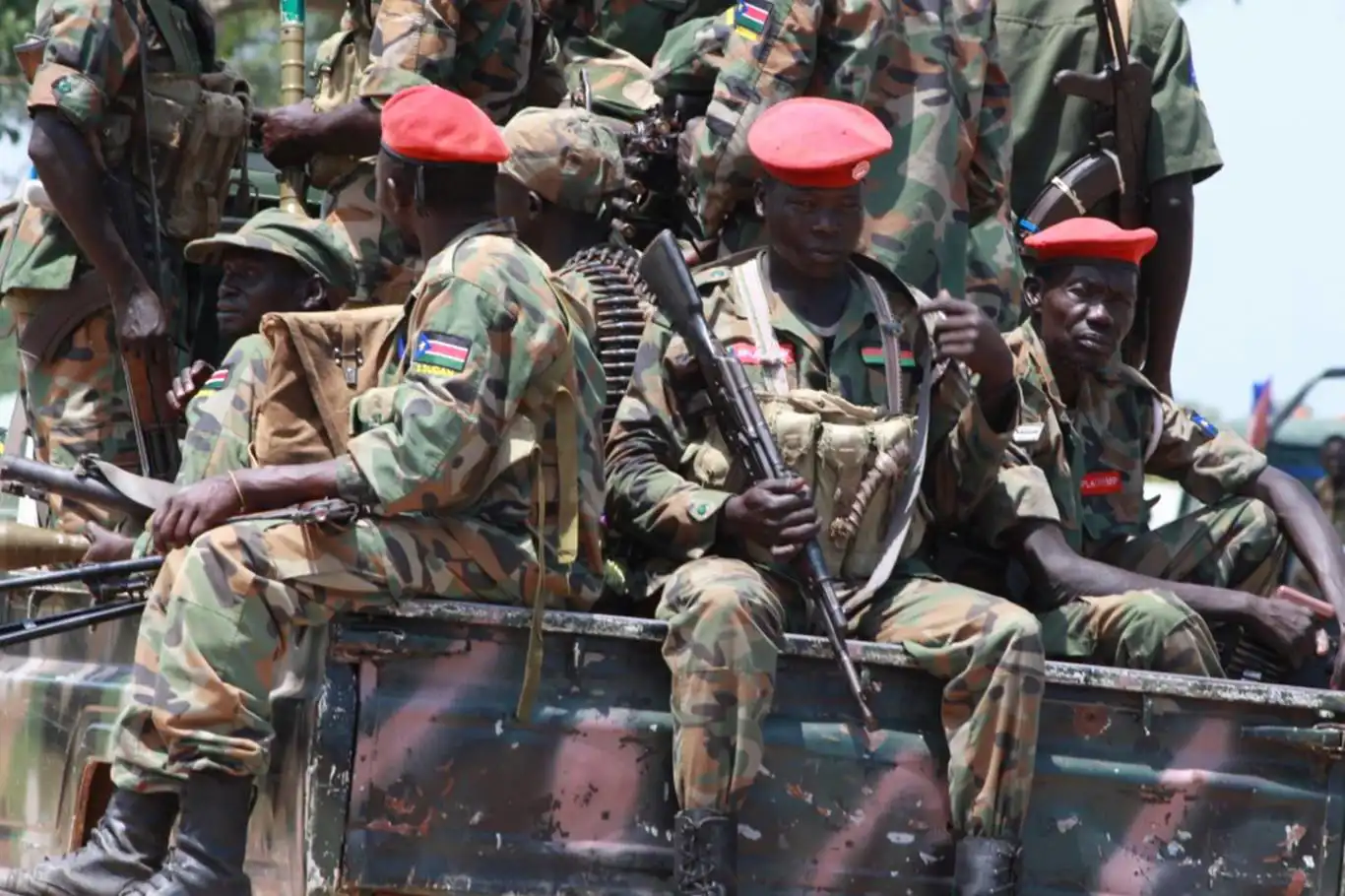Gaza death toll rises: 33,797 killed, 76,465 injured in 192 days
The israeli occupation forces' relentless attacks in Gaza have resulted in the death of 68 Palestinians in the past 24 hours alone, marking the 192nd day since the violence began on October 7.
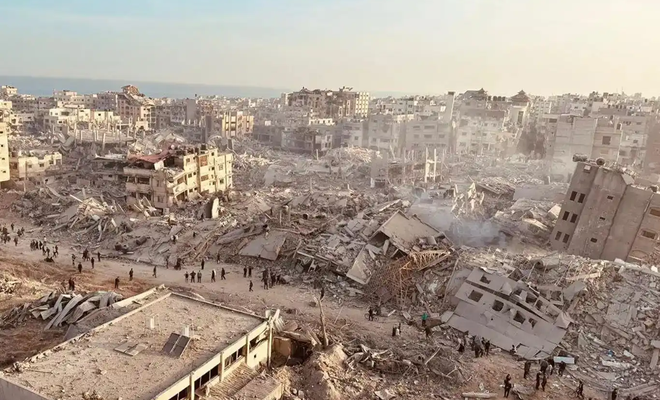
 Google News'te Doğruhaber'e abone olun.
Google News'te Doğruhaber'e abone olun. The Ministry of Health in Gaza released a harrowing report today, revealing that the death toll has climbed to 33,797, with 76,465 individuals sustaining injuries due to the ongoing Israeli aggression.
In the past day, Israeli forces committed seven massacres against Gaza families, killing 68 Palestinians and injuring 94 others. Shockingly, victims remain trapped under rubble as ambulances and civil defense teams are obstructed by Israeli forces, exacerbating the humanitarian crisis.
UN Report Highlights Israeli Obstruction of Aid Efforts
According to the United Nations Office for the Coordination of Humanitarian Affairs (OCHA), 41% of UN-coordinated aid missions to northern Gaza between April 6 and 12 were impeded or denied access by Israeli authorities.
The UN office called on Israel to facilitate humanitarian support, emphasizing that its obligation ends when aid reaches Palestinians. Recent assessments in Khan Younis, conducted after the withdrawal of Israeli forces, revealed extensive destruction of civilian infrastructure, including homes, schools, hospitals, and roads.
Notably, a UN warehouse and Nasser Hospital were among the structures significantly damaged, jeopardizing critical medical supplies and equipment. WHO staff described the scene as unimaginably devastating, with hospitals labeled as non-functional and in urgent need of assessment and repair.
The UN team also reported dire shortages of food, water, and essential supplies, putting Palestinians at severe risk. Additionally, unexploded ordnance poses significant safety hazards, with reports of UXOs scattered across the area, including within schools and main road intersections.
During a visit to a UNRWA school sheltering displaced Palestinians, Humanitarian Coordinator ad interim Jamie McGoldrick highlighted the urgent need for humanitarian support services, particularly for vulnerable groups such as women, children, and disabled individuals. (ILKHA)




























